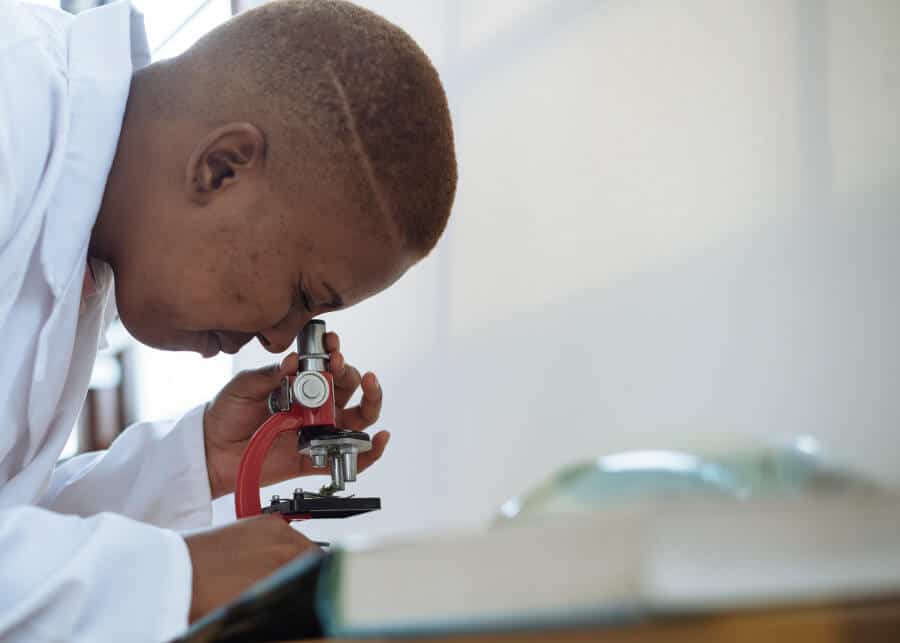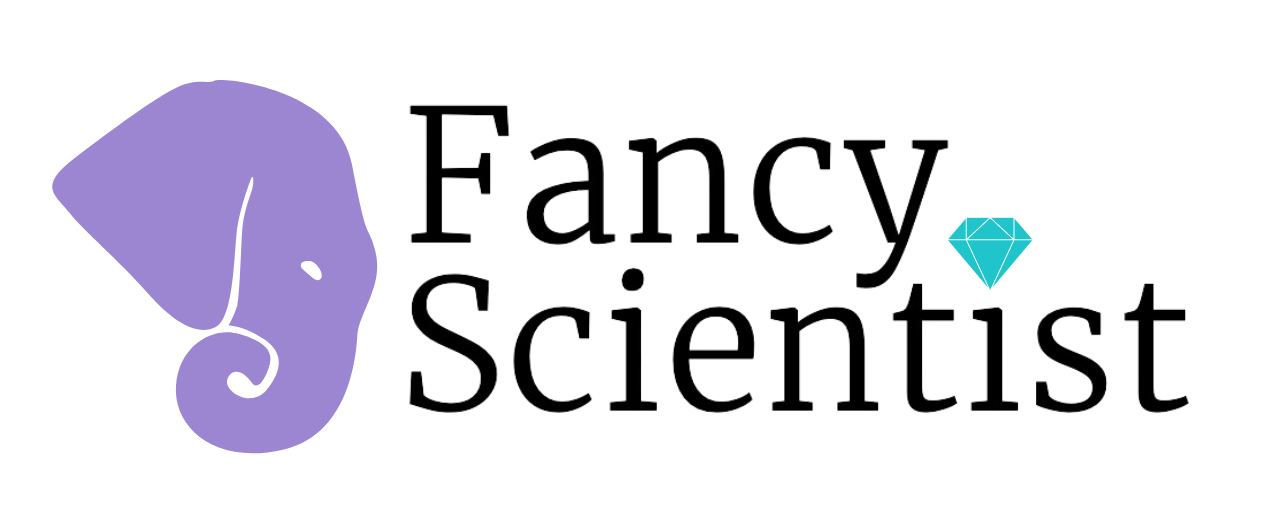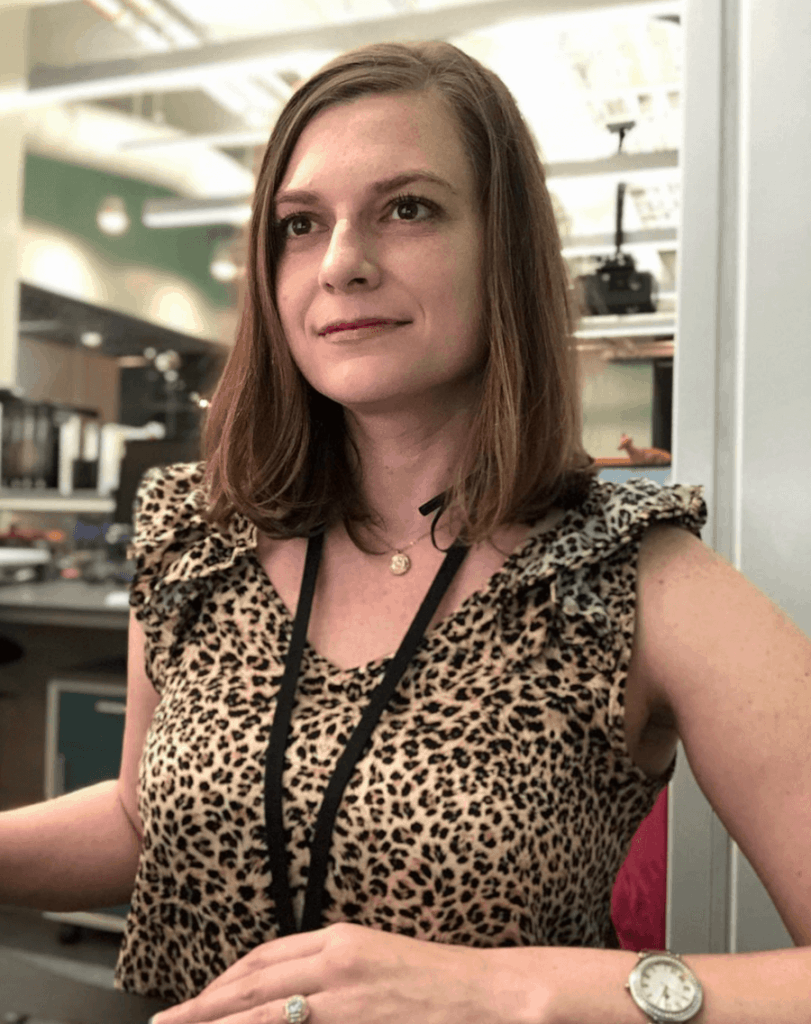For the longest time, I complained about teaching one class, non-majors undergraduate biology.
While many teaching assistants complained about students, for me, it was the content I was teaching. The problem wasn’t that it was too simple and not advanced like in a majors class, it was that it was not relevant to the students’ lives (or mine).
Students were forced to choose a science for non-majors course fulfill a general education requirement. Most students were scared of the math associated with physics and chemistry, so students signed up for non-majors undergraduate biology begrudgingly, hoping it would be easier. From the chatter of students, I knew they did not want to be there, I knew they feared biology (or science as a whole), and I knew for most of them their only goal was to pass.

Spring forward to 2016, where many are upset and shocked by the role fake news has played in the US presidential election. One group of researchers studying this found (not yet peer-reviewed though) that students cannot tell the difference between media stories and sponsored content, and do not verify information from online sources. I am not shocked.
I made this observation myself from just watching the news in the morning. Frequently on morning shows, reporters would say something along the lines of “drinking coffee decreases your chances of getting breast cancer.” Then the next week you would hear, “drinking coffee increases your chances of getting breast cancer.” How could the results be so different?
In fact years later, John Oliver noticed the same thing and made a story on it:
As a scientist, we understand all of the factors that go into results creating opposition between studies, but this takes an understanding of the scientific process, which you fully don’t realize and appreciate unless you take part in it (check out podcast episode #16: What is Science Really? for more on how science works). This is not something that the public is trained on. In fact, I did not even really understand this process until I went to graduate school.
The kind of class that I would used as the “last chance” to engage students in science would not teach students about the organelles of the cell, taxonomic classes, or even predator/prey relationships (something I am very interested in) – all things I taught in non-majors undergraduate biology class.

Instead, I would teach them how to interpret the scientific process inside out in and relation to their daily lives. In other words, I would teach them how to tell real from fake news. And this occurred to me even before real fake news (oxymoron alert) hit us in this Trump Era.
How can you really trust a study? Or how much trust should you put in a study?
In my class I would literally give students media reports of studies on things that would affect them in their lives: Should you eat GMOs? Can eating X, Y, or Z diet get you rock hard abs? Will climate change ruin your spring break destination? Some of those examples are a little superficial, but they are relevant to students’ lives.
Even in majors classes, students practice the peer-review process by reviewing and critiquing each other’s work. Why are we only saving the “secrets” of science for higher level classes?
If we keep hiding what the process of science is like and refrain from training a critical eye to find the shortcomings in studies, we potentially create the view that all science should be trusted equally and without question. When someone’s study does have a shortcoming (and most do) or contradicting results emerge, then this can be used as an opportunity to manipulate science and ultimately distrust science as a whole.
By training the public on identifying the potential problems all studies incorporate, we can instead give the reader confidence and power to make more informed decisions about content.
Reading scientific information critically, being able to interpret data, and knowing the characteristics of a good study are valuable skills and information needed to make important decisions as a U.S. citizen, and in my opinion, more important than the content taught in non-majors biology. Isn’t this better than figuring out the allele frequency in cartoon cats?
More interesting topics about science in everyday life.
16. What is Science Really? And the Need to Communicate
This post was originally featured on the Wildlife SNPits.
Love this post? Share it with friends!



